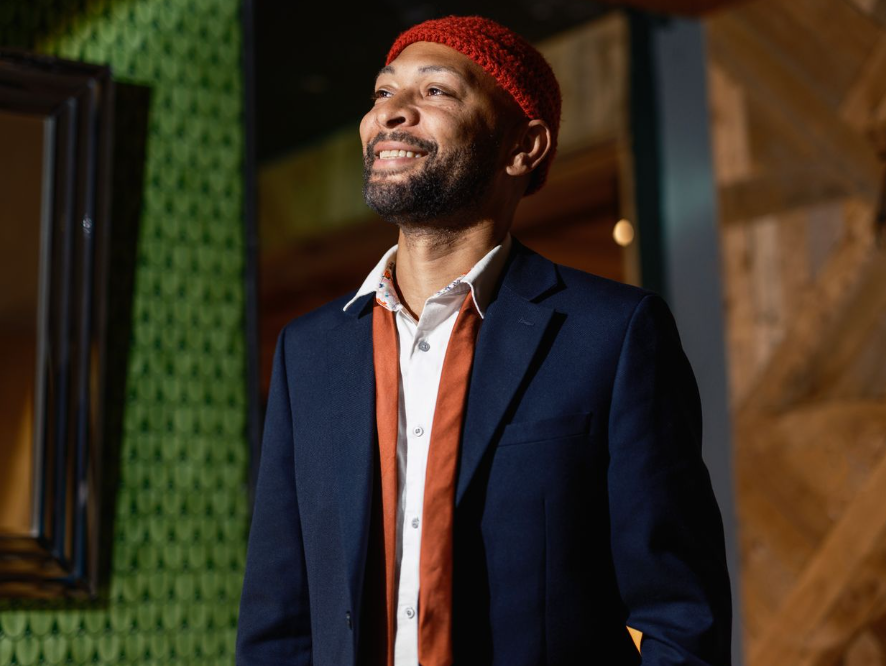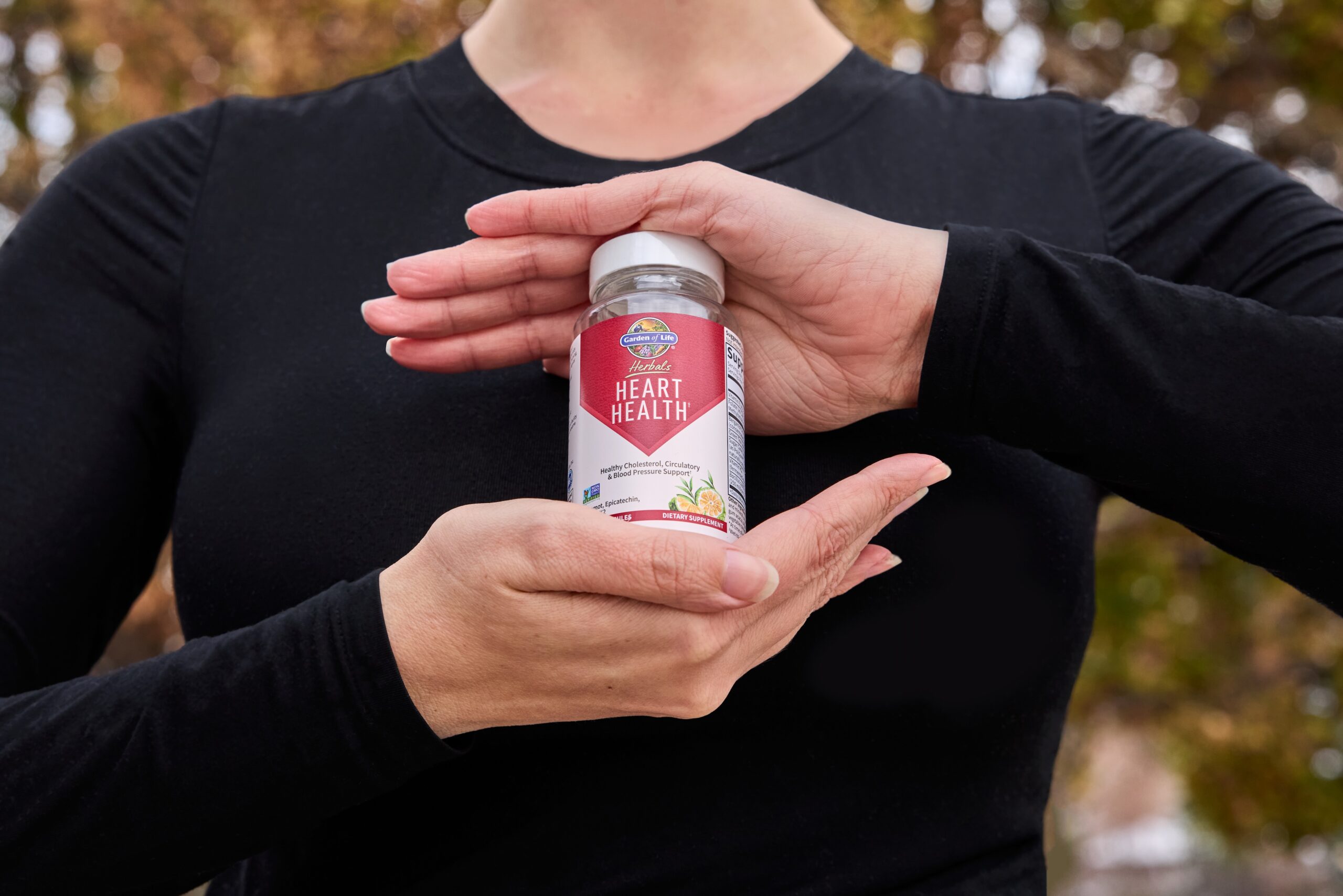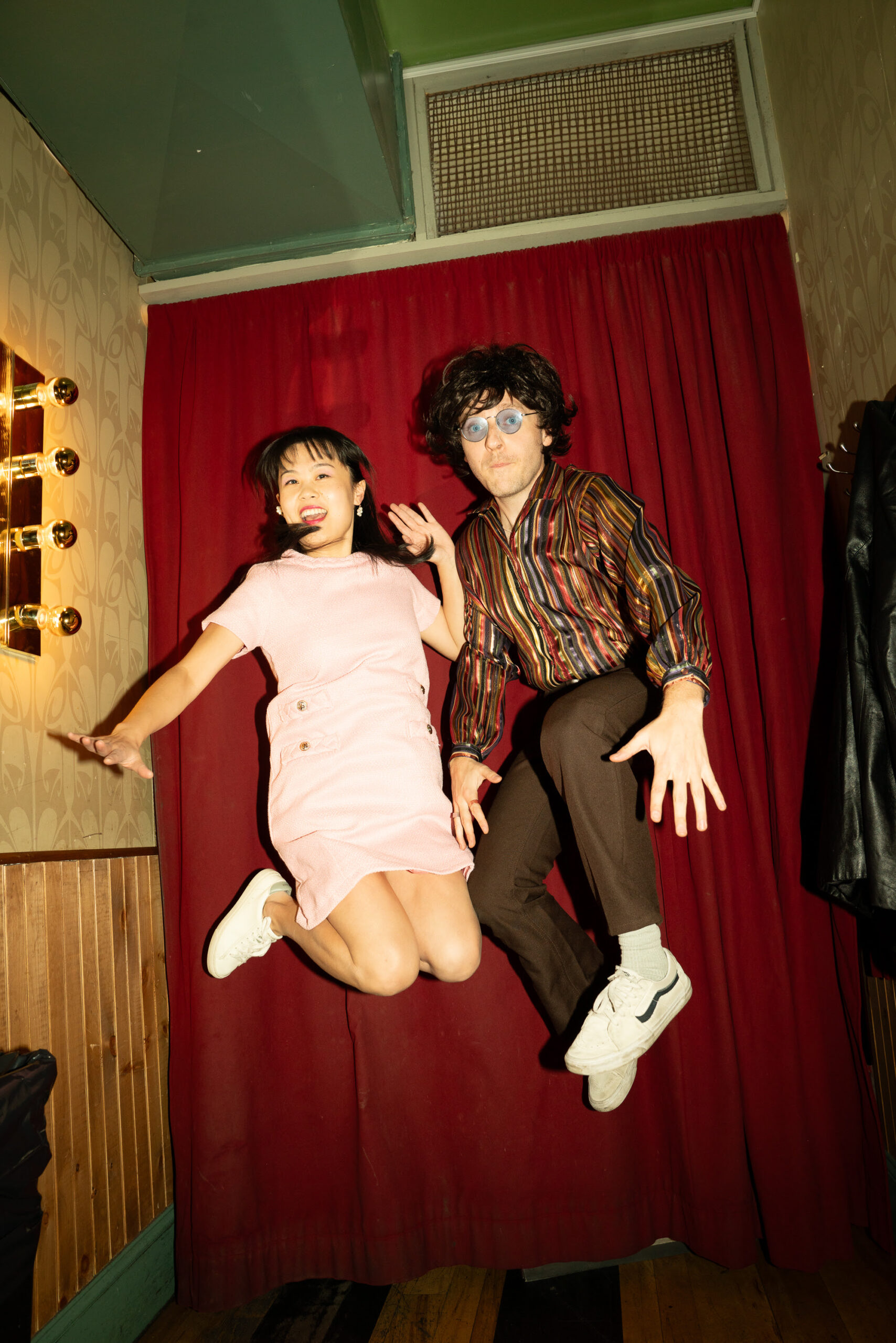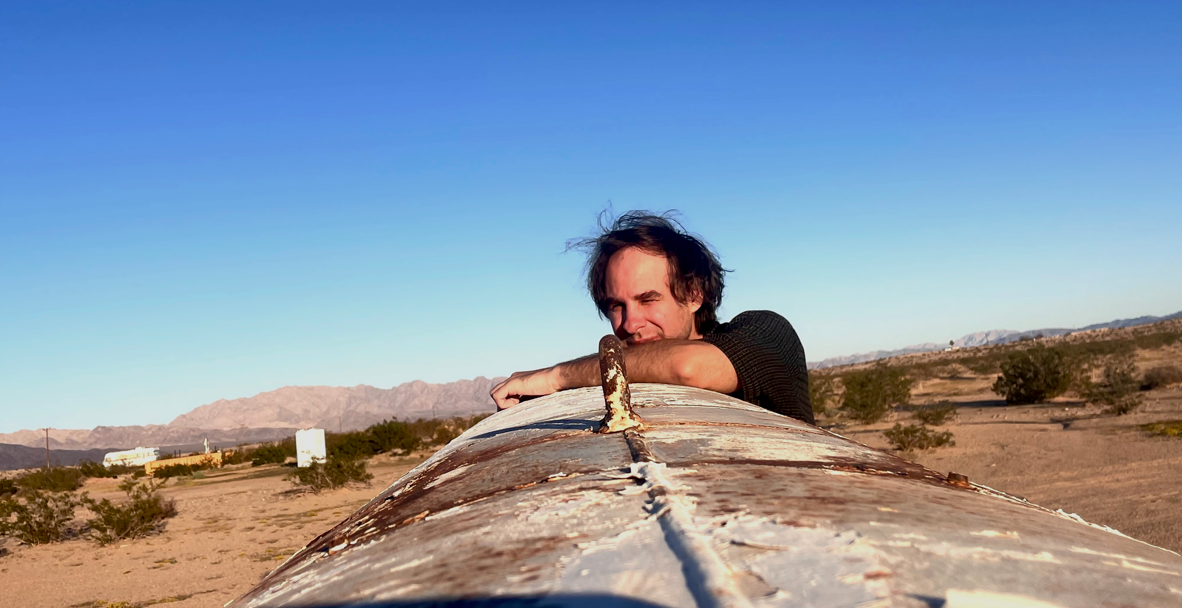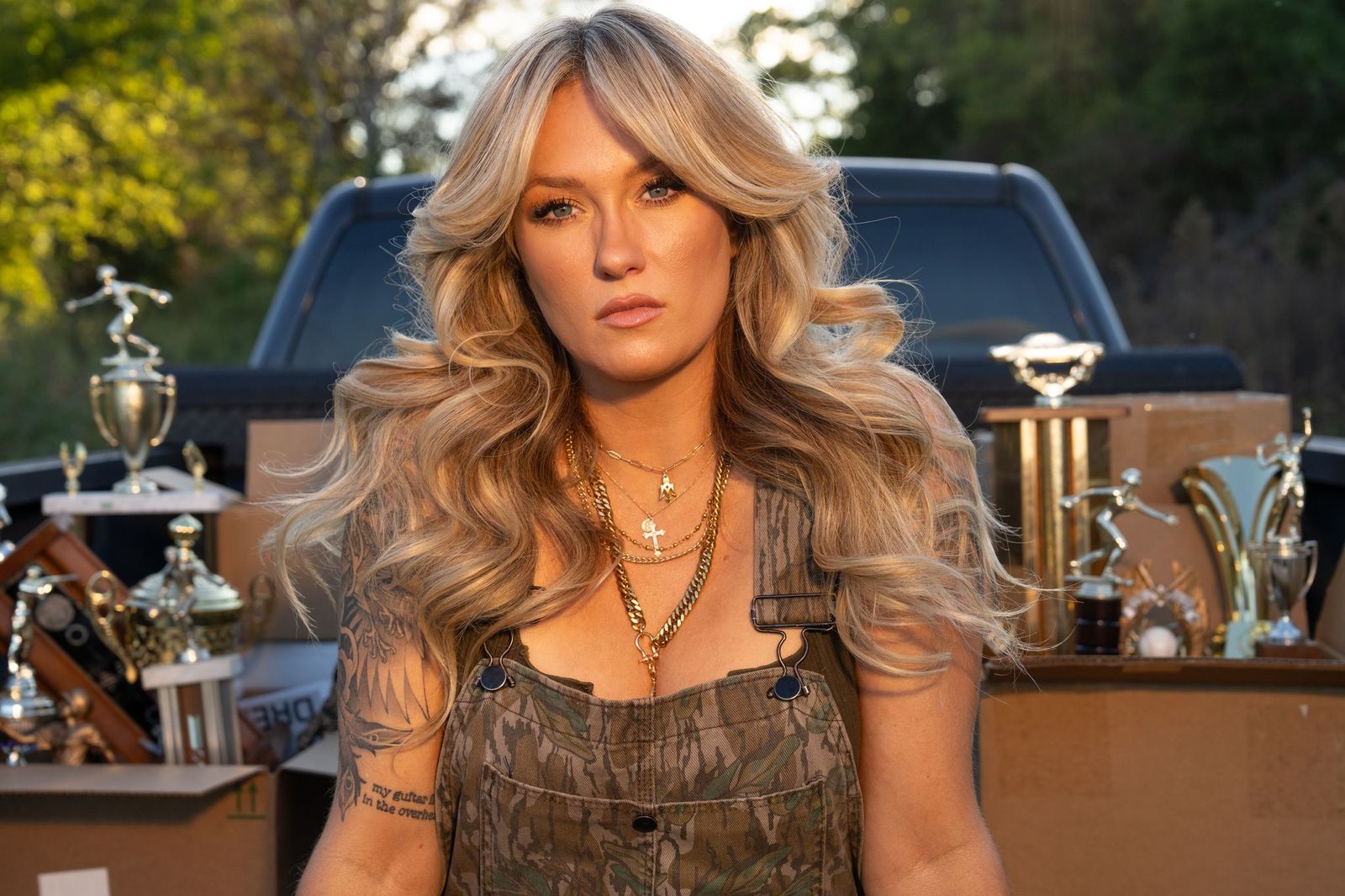CULTURE
Elizabeth Banks and Busy Philipps Join Rally in DC to Defend Abortion Rights
04 Mar, 20
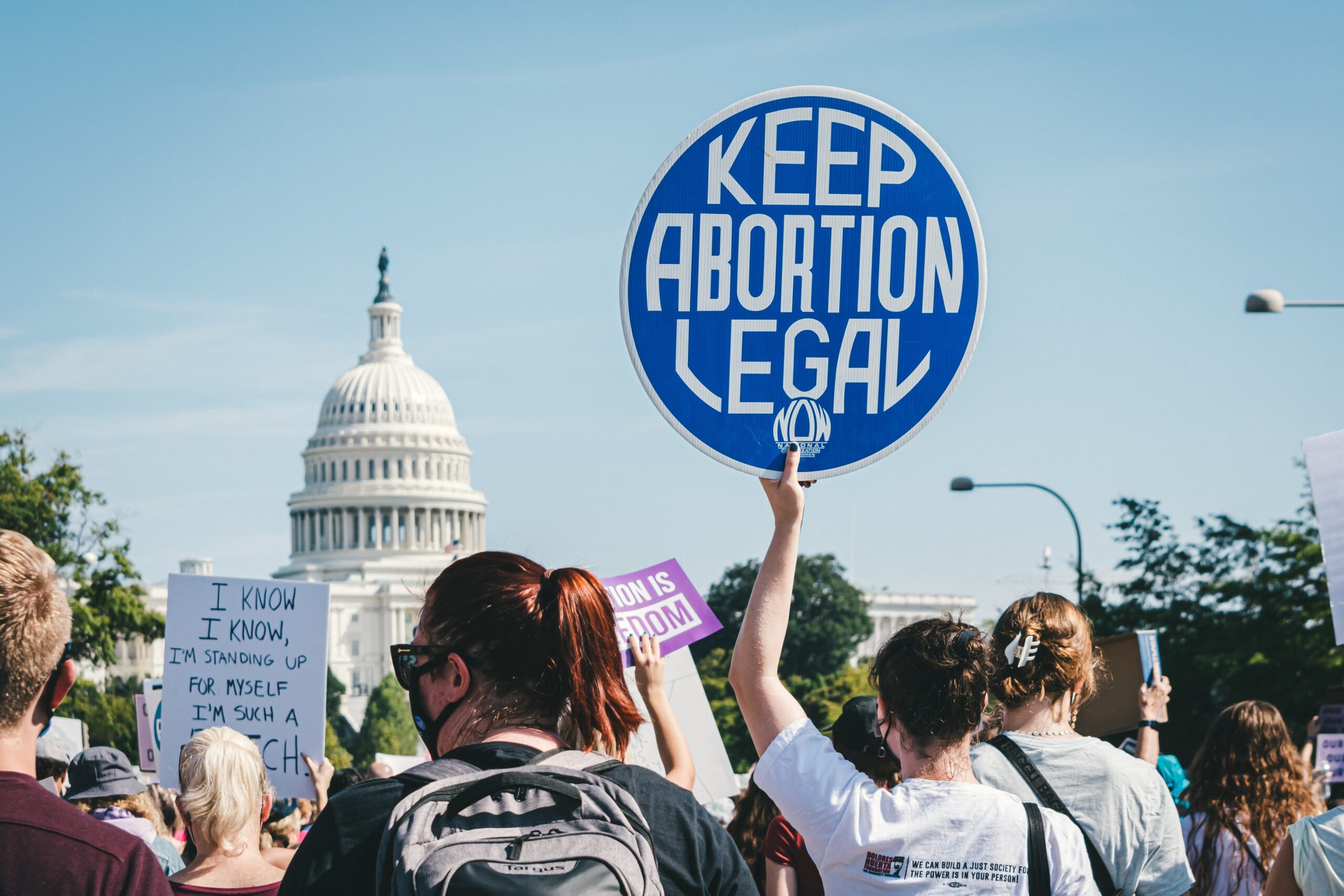
Photo by Gayatri Malhotra on Unsplash
The world is full of different kinds of suffering.
There are base physical pains—abdominal cramps, aching joints, tearing flesh. And then there are deeper, more crushing forms of spiritual and psychological anguish—the feeling of being inadequate to provide for a loved one, or that your mere existence has ruined another person’s life. No one should have to live with that kind of pain. That’s the idea behind a rally on Wednesday in Washington DC and an accompanying hashtag on Twitter, which both seek to celebrate and defend a powerful tool for the prevention of suffering: abortion.
Of course, some suffering is unavoidable. For those cases we have spiritual and philosophical guidance that can help us come to terms with daily struggles. The rest of the time, we turn to science to create solutions that can save us from pain. Science can give us new limbs, restore our vision, replace our organs. Any and all of these methods for reducing suffering deserve to be celebrated, and they often are. But abortions—one of the oldest medical miracles—have recently become so taboo that our culture would sooner demonize them than say anything positive about them. This is despite the fact that a safe, minimally invasive procedure—or even just a swallowed pill—can often save two lives from tremendous suffering and despite the fact that nearly a quarter of American women will have had an abortion by the age of 45.
The groups responsible for maintaining that taboo—groups that promote shame around abortion—are vocal enough that most of us are familiar with their arguments. They have decided without evidence that a human embryo or fetus—at any stage of development—is a child with a soul and rights and feelings. They believe that the mere existence of a fertilized egg inside a uterus necessarily obliges the human attached to that uterus to be a nurturing host to the life inside them. They equate abortion with murder, and they want to force the rest of us to conform to that standard of morality. They bolster their claims with graphic images and false claims that people who receive abortions usually regret the choice. Then they push for irrelevant laws that hide the motive of restricting abortion access.
The My Right My Decision rally in DC formed in response to the Supreme Court case of June Medical Services, LLC v. Russo, which revolves around a Louisiana law requiring clinics that provide abortion services to staff a doctor with admitting privileges at a local hospital. While the purported motive is to improve safety measures, critics point to a similar law in Texas that was struck down in 2016 after the court found no compelling safety benefits. Instead, it seems to be part of a surge in legislation designed to restrict abortion access and take advantage of the shift in the balance that took place when conservative justice Brett Kavanaugh replaced moderate Justice Anthony Kennedy on the bench.
With celebrities like Busy Philipps and Elizabeth Banks in attendance, along with politicians including Ayanna Pressley and Rashida Tlaib, the rally that took place Wednesday morning was attempting to counter stigma with success stories and a defense of freedom. As Banks put it in her address to the crowd, “Today we are taking the opportunity to present reproductive freedom, including abortion, for exactly what it is: no less than liberty itself.” As for Busy Philipps, she had an abortion at the age of 15, and has been open about how important that was for her life: “I’m genuinely really scared for women and girls all over this country.”
While opponents will point to instances of regret, the reality is that 99% of abortions are not a source of regret but of relief, even five years after the fact. By and large, people are not making the decision lightly, and they really do know whether or not they’re ready for the trauma of pregnancy and labor and the responsibility of parenthood.
In an imaginary world where population was dwindling, where the medical costs associated with pregnancy and delivery were covered by the state, where there were no negative social or professional repercussions for anyone who might become pregnant, and where an infant given up for adoption could be guaranteed a humane childhood, it might be understandable to see pushback against abortion rights. Unfortunately, that is not the world we live in. In our world, the planet is being ravaged by overpopulation and overconsumption, medical debts are a driving force behind American bankruptcies, and hundreds of thousands of children without parents are subjected to cruelty and neglect within our foster care system or at the hands of ill-equipped parents.
Easy access to a procedure that can prevent those horrors—and the horrors of inevitable “back-alley” abortions—is something worth celebrating, not stigmatizing. Which is why the hashtag #MyRightMyDecision was trending on Twitter Wednesday morning, with images from the rally that featured women holding signs that proclaim “I Had An Abortion,” “Abortion is Healthcare,” and “Thank God For Abortion.”
The idea that creating more and more people is fundamentally a good thing—regardless of their quality of life—is a deeply flawed assumption, and it’s foundational to the so-called “pro-life” movement. While a baby, in the right circumstances, is undoubtedly a miracle—they can bring so much joy and meaning to life—an abortion is just as miraculous when circumstances are simply wrong. When the process of having or raising a child is made untenable by health concerns, economic realities, youth, trauma, or a basic lack of desire to be a parent, it is not only cruel to the parent to restrict abortion access, it’s cruel to the child who—through no fault of their own—will already be a source of problems and a focus of resentment before it’s born
A child born in that situation has little chance to thrive. While other forms of birth control are preferable, abortion is a hugely important last resort, and it’s refreshing to see culture beginning to embrace the positive side of abortion, and defending it against shame and stigma.
While rally-goers and Twitter users are making their voices heard, a decision on the law will likely not be passed down until June.
- TV and Film’s Most Accurate Depictions of Abortions – Popdust ›
- Jameela Jamil Speaks Out On Abortion Bans: #YouKnowMe – Popdust ›
- Busy Philipps and 9 Other Celebrities Open About Abortions – Popdust ›
- Busy Philipps on Her Abortion Story and ‘Busy Tonight’s … ›
- Busy Philipps testifies before congress on abortion rights: ‘It’s my … ›
- Busy Philipps’ #youknowme campaign prompts emotional abortion … ›
- GOP lawmaker questions actress Busy Philipps on abortion in … ›
- Thousands of Women Have Shared Abortion Stories With … ›
- Busy Philipps To Congress: It Doesn’t Matter Why I Got An Abortion … ›
- Busy Philipps opens up about having an abortion at 15 ›
- Busy Philipps on abortion: ‘Women have held on to a lot of this … ›
- Busy Philipps Opens Up About Her Abortion: “I Don’t Have a Shame … ›

